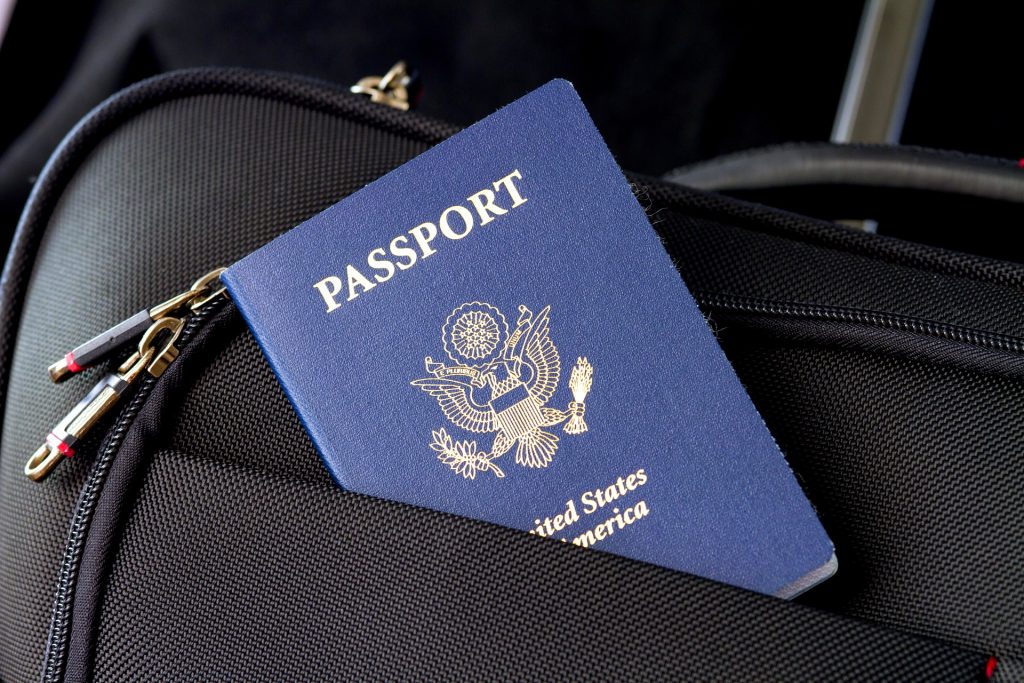
Merit Based Green Cards System for Legal Immigration: The Trump administration has recently said that the US gives about 1.1 million green cards every year and 66% of those come by random chance through relatives and another 21% come by random lottery or humanitarian relief. In an attempt to overhaul the system, a points-based system has been proposed. These changes have not been made yet, but are proposed for the near future.

A new proposal by the U.S. government would replace all current family and employment based immigration preference categories with a points system. It would grant green cards to immigrants who meet requirements relating to education, age and English-speaking ability, awarding ‘points’ for each favorable characteristic.
Family Based Immigration: This means that individuals are allowed to receive a green card if they already have a spouse, child, sibling or parent living in the country with U.S. citizenship. Many people wait for years to obtain their green card. New legislation proposed would prioritize family-based green cards to immediate family members. It would place less priority on chain-family-based immigration. Typically, most U.S. lawful permanent residence granted for the United States by family-based applications has been ‘chain migration’, accounting for about 2/3rd of the more than 1 million people who receive them annually – this number could drop to about 1/3rd.
Immigrants in the green card backlog would lose their place in line and would need to apply under the new point-based system, even if they have been waiting for more than 10 years already. This is controversial to tell millions of people who have waited years in immigration backlogs that they have wasted their time.
Employment-based green card – The new system would eliminate a green card for people who put money into U.S. commercial enterprises intended to create jobs or benefit the economy (EB5, for example). Instead, the points based system would increase the number of green cards granted due to having certain skills.
- For more information, read this article: Immigration to the USA
- For information on investor visas: Investor Visas
- For information on business employment visas: L1/L2 and E1/E2 visas
Diversity Visas: About 50,000 people currently receive greencards through the U.S. diversity visa program (visa lottery). The new system proposes to eliminate this program.
H-1B Visas: H-1B visas accounted for about a quarter of all temporary employment visas issued in 2017. The denial rate of H-1B visas under the Trump administration has increased in 2019. Spouses of H-1B visa holders will have their visas revoked under the new system. The new system also proposes that employers pay foreign workers the equivalent salary they would pay U.S. workers to create incentives for these employers to hire American workers rather than foreign workers.
DACA: In 2019, new applicants are not being considered currently, although previous enrollees may apply to renew their status.
Refugees: For 2019, refugee admissions have been capped at 30,000, the lowest since Congress created the modern refugee program in 1980 for those fleeing persecution in their home countries.
Other considerations:
Currently, the English language test and civics exam is required only for naturalization (to become a citizen after becoming a permanent resident). The new system would require the English language test and civics exam BEFORE becoming permanent residents.
A document released after the Trump speech states, “Before being able to apply, green card applicants must pass a U.S. civics exam and to demonstrate English proficiency.”
A Lawful Permanent Resident would not longer be allowed to sponsor a spouse under the proposed new legislation. Under the administration’s plan if a single person gains permanent residence and then gets married, he or she cannot sponsor a spouse for immigration until after becoming a U.S. citizen, which could lead to couples being separated for 5 to 7 years, a major disincentive for highly skilled people to immigrate to or remain in the United States.
Want to immigrate to the USA? Contact us today! Click HERE.
- For more information, read this article: Immigration to the USA
- For information on investor visas: Investor Visas
- For information on business employment visas: L1/L2 and E1/E2 visas
